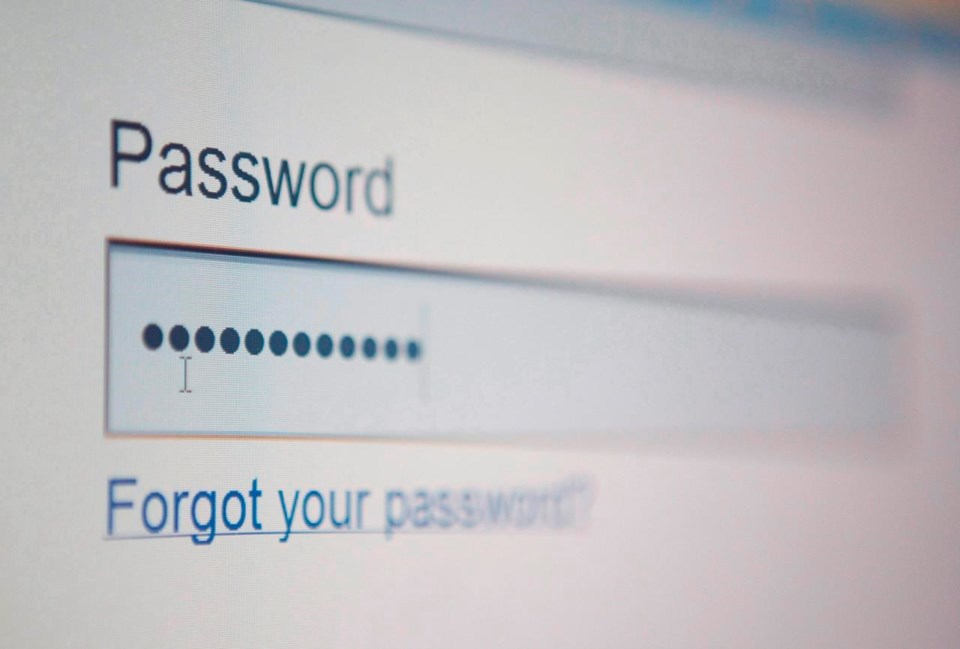TORONTO — The number of cyberattacks victimizing Canadians has been steadily growing over the last decade and is projected to keep rising.
While anyone can become a target for nefarious attacks, there are a few steps experts say Canadians can take to protect themselves.
— Be careful where you enter your login information: Be wary of emails or links you click that bring up login requests. Hackers are known to spoof login pages and send them around, hoping someone will mistakenly fill their account information in. Carefully review the URL of the webpage seeking your information to ensure it is real and not a variation of the company site.
— Vary your passwords and don't reuse them: Passwords should not be easy to guess or used across more than one account or website because if logins for one site are leaked, hackers can easily use them to gain access to other accounts.
— Use passkeys, when possible: Passkeys are a digital credential that can unlock accounts with a mere flash of your face or fingerprint scan on your phone. They are often more secure than passwords because there is no string of characters, numbers and symbols to memorize, making them harder to hack. They don’t need to be changed, can’t be stolen by someone guessing or peeking over your shoulder and there’s no way to accidentally use one on the wrong website.
— Consider a password manager: Password managers generate strong, unique passwords for each service you use, storing them in an encrypted account for easy use and cutting out the need to memorize a long list of logins.
— Use multi-factor authentication: This method requires users to approve their login attempts with a second round of verification, typically a code sent by email or through text. Multi-factor authentication can help users thwart unauthorized access to their accounts.
— Use a virtual private network: VPNs help users maintain their anonymity by masking their location, making it more difficult for others to monitor or intercept their online activities.
— Review your bank and credit card accounts regularly: Taking a peek at these accounts frequently can help you uncover unauthorized charges, which likely indicate your account has been compromised.
This report by The Canadian Press was first published Feb. 20, 2024.
The Canadian Press



